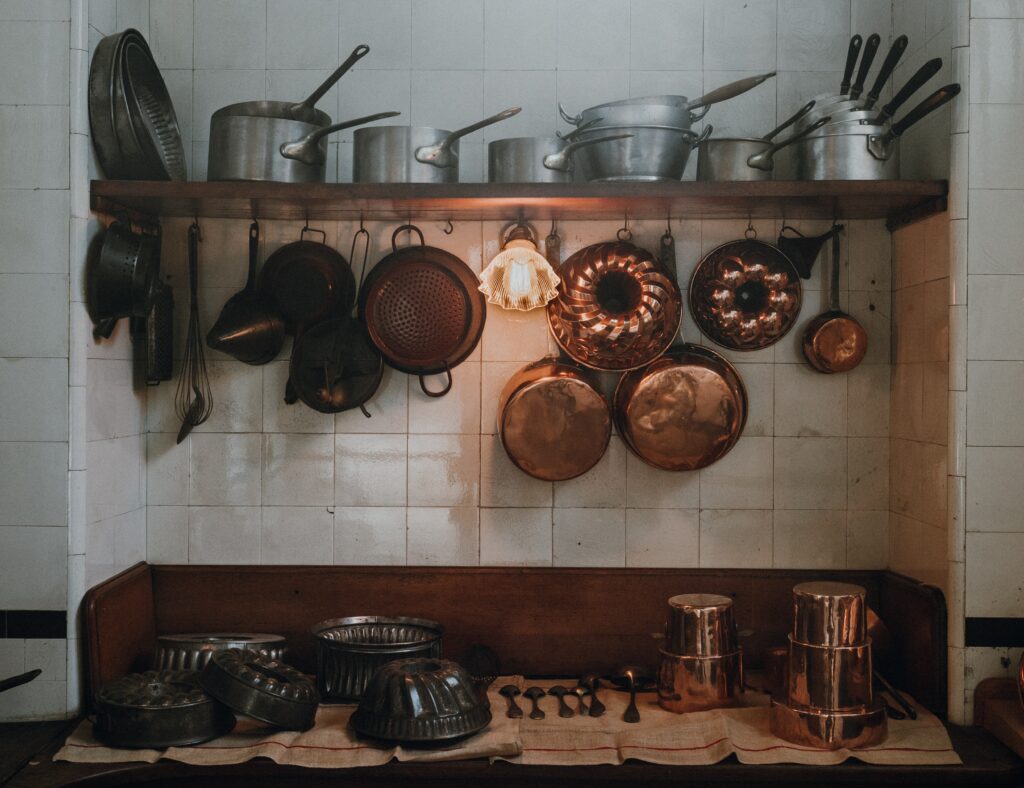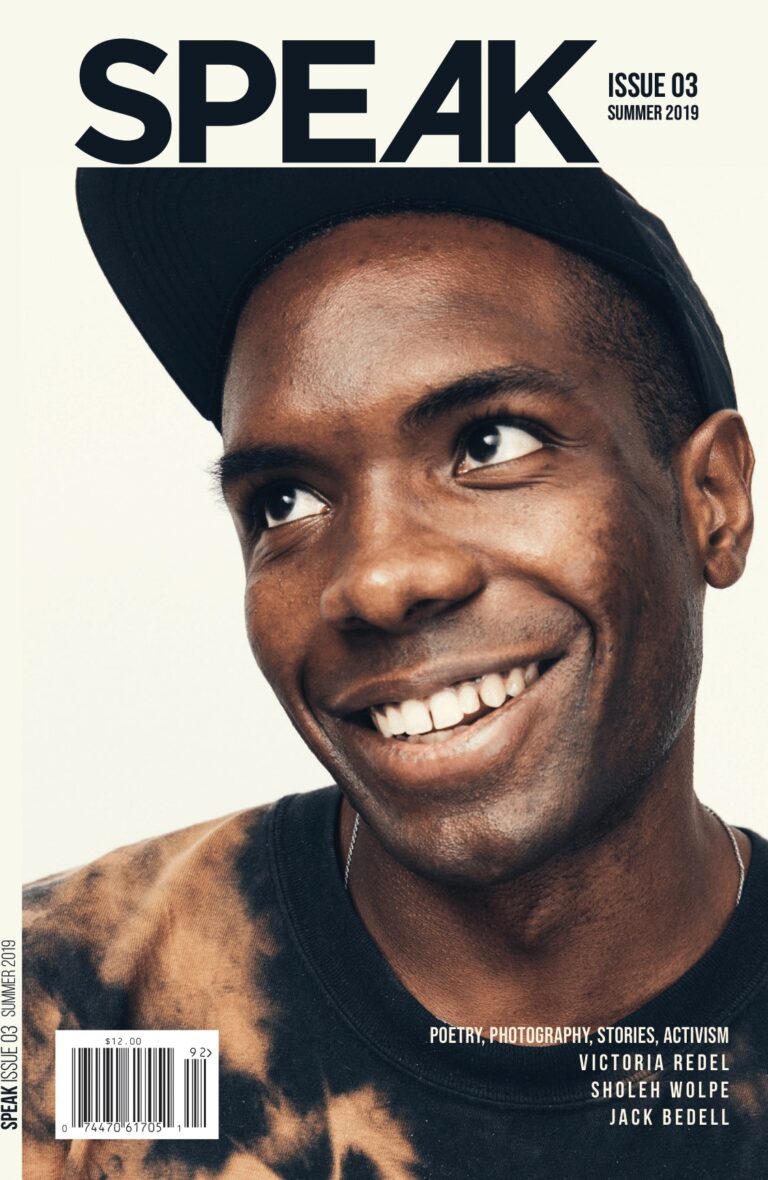

More than just sugar, grease, and nostalgia—comfort food can be the most tender expression of self-care.

I love food, but I can barely eat.
Except when I’m tired. Then I want a bowl of hot, luscious yellow dal. I want to generously douse it with lime and all but cover its rich yellow surface with bright green coriander leaves.
I want my glasses to fog up from the clouds of steam and the tip of my tongue and the roof of my mouth to burn from eating the first spoonful too soon. I want the spice from the chili powder and the mustard seeds and the ginger to spread across my mouth until it is the only sensation I can think of. My exhausted muscles and bones wait for the heat to reach them from my chest where it settles, emanating softly but surely, holding my ribcage in a warm embrace.
I want a thick, heavy, warm blanket.
When I’m anxious I want ice. I’m not fussy about what form it takes or what it comes in. I find that the clinking of ice cubes ringing in my ears submerges the sound of my pounding heart. I can put my energy into ungracefully twisting the ice tray and wait out the numbness of my fingertips from holding a cube for too long. Not thinking at all is a privilege.
I want to feel the chill run down my throat and into my stomach, momentarily dousing the tension bubbling in there. The immediate silence that follows is liberating. When I’m too uneasy, though, I want ice-cream. Smothered in a dollop of indulgent hot fudge. I’m not fussy about the ice-cream flavour either. Sometimes I want nuts with it, or a cookie. But usually I find chewing difficult.
I want to go to sleep.
I’m rarely angry, but when I am I want chips. I enjoy the violence of breaking down their firm, proud shape into a hundred pieces, a hundred times. It gives me some satisfaction to arrogantly brush crumbs off my clothes and see them scatter lifelessly on the floor, knowing that they will be swept away soon. I feel no moral pricks for entertaining such spiteful thoughts.
A salty chip is preferable. A dip of any sort softens the brutality and stifles the din of the crunch, crunch, crunch, crunch. It is not as cathartic, but no grudge is worth saying no to a dip over.
I want to break something.
Some days I feel like a failure. I feel paralyzed by the weight of the things I’m struggling to do. On those days I need sugar, and I need it folded into a cake.
I also need the cake to have chocolate. I’ll make exceptions for cupcakes and brownies, and if I’m feeling generous, for cheesecake, but I’m usually unwavering in wanting a slice of cake. I need it to be sweet, creamy, moist, and rich. I know what to expect from the familiar marriage of eggs, flour, butter, and sugar, and I love that I can predict how a cake tastes just by looking at the density of its crumb and the gleam of its ganache. I’m feeling defeated enough as it is; I can’t stomach any surprises.
I struggle between savouring each bite and wolfing it down in large, rapid mouthfuls. But the residual sweet, sugary coating on my tongue from the sweet, sugary frosting lingers despite how I choose to eat it. It stays long after the crumbs are dusted away, unchanging and ever faithful.
I want to lay my head in my mother’s lap.
I barely eat because my body just doesn’t allow it. My appetite is laughably small. Yet I’m always thinking about food, talking about it, reading about it. Maybe it’s because I grew up in a household where each mealtime conversation was usually about what to eat for the next. Maybe that’s why I think of meals as markers around which the hours of the day flow. Ask me how my day was, and I’ll tell you what I ate.
Maybe that’s why I sleep most soundly if I’ve read a cookbook before bed. Nigella Lawson’s ‘How To Eat’ is part-cookbook and part-food therapy, written in enchanting and intimate prose. There is something about the mindless repetition of chopping, peeling, and grating and the dependable solidity of ‘a stick of butter,’ ‘two cups of flour,’ and ‘a tsp of vanilla essence’ that I find reassuring. Cooking is scientific and rational, but it is also alchemy. I read the list of ingredients, and I visualise performing the steps. “Add the pasta, put the lid on again and swirl about,” Nigella writes in a recipe for Linguine with Clams. I leave it to my dreams to conjure up the actual meal.
I didn’t grow up cooking with my mother or my grandmother. I’ve only just begun cooking for myself. Yet, somehow the kitchen feels like my sanctuary. Stocking it and caring for it feel like tending to my personal garden, something I must methodically do every day. Peeking into my vegetable drawer and the back of my cabinet where I hide my sugary snacks are revelatory of my emotional landscape at the time. Right now, I have a lot of carrots and green beans, and a large box of double chocolate chip cookies.
I like to think that I could go to therapy someday and say, “Since I was last here, I’ve been binge eating baby spinach leaves” or something to that effect, and the therapist will know what I mean. “I see that you’re struggling with homesickness again,” she might say.
I’ll admit that all my relationships with food aren’t quite so uncomplicated. I’m very vocal about my distaste for cardamom. Not once has a potato-based dish brought me real delight. I can appreciate rice, but I know that I can never love it. Like almost everyone else, I’ve tried diets. But it has never felt like a battle. I think of it as taking time apart to enhance the time we spend together. I can now better appreciate the simple moments that bring me joy. Like a biscuit dipped into coffee that does not disintegrate. Butter spread thickly on warm toast. A perfectly ripe mango.
Comfort food has earned itself a bad name. It isn’t just about grease and sugar and nostalgia that I delude myself into relying on for emotional cushioning.
I realise that no matter how soft and decadent, chocolate cake cannot make me happy. Nor will tearing the first crispy piece of dosa and dunking it in spicy sambar early in the morning on a cool winter day. Not even an endless supply of coconut water bought from the seafront outside my childhood home, the sweetness of the liquid mingled with the salty fragrance of Mumbai’s tropical breeze, will. The nostalgia and momentary dopamine spikes are mirages, fading away as soon as the meal is finished. But the transformative magic of warmth, spice, sweetness, and coolness on my body are silent expressions of concern, the nourishment I receive is the purest form of care.
I believe that to eat is to begin to heal oneself, and to feed is to be kind. I know this is true because if someone I love is in pain my first instinct is always to ask: “Have you eaten?”

Sneha Mehta is a writer covering art, design, and food, and graphic designer. She is interested in telling stories about how the objects we surround ourselves with shape culture, identities, and our lives. She writes for companies like Pentagram and 1stdibs and publications [...]









We only ship in UK, USA and Canada.
For deliveries in other locations please write to us at: editor@speakthemag.com



